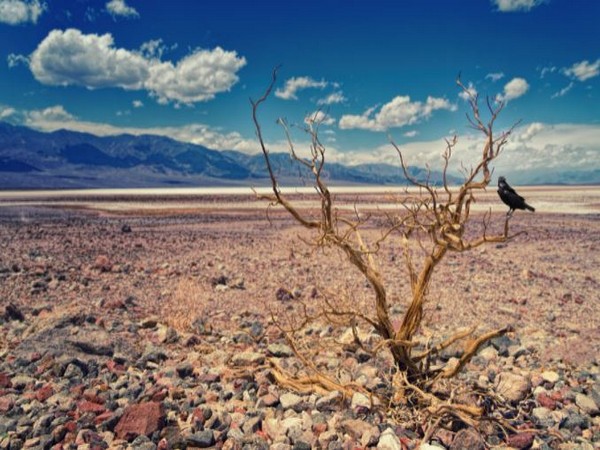From 2 to 13 December 2024, Riyadh, Saudi Arabia hosts the 16th Conference of the Parties (COP16) to the United Nations Convention to Combat Desertification (UNCCD). Under the theme "Our Land. Our Future," the conference brings together nearly 200 governments, civil society organizations, and experts to advance global efforts to combat land degradation, desertification, and drought. This marks the first time the event is held in the Middle East and North Africa region, a region severely impacted by these challenges.
In his opening remarks, UN Secretary-General António Guterres underscored the critical importance of land for human survival, stating, "We depend on land for our survival. Yet we treat it like dirt." The global impact of land degradation, which affects approximately 15 million km² — an area larger than Antarctica or nearly the size of Russia — is expanding at a rate of 1 million km² per year. UNCCD Executive Secretary Ibrahim Thiaw stressed the urgent need for a course correction in how the world manages land and food production, warning of the long-term consequences of inaction: “If we fail to acknowledge the pivotal role of land, the consequences will ripple through every aspect of life and extend well into the future.”
The Role of Agriculture and Climate Change
Agriculture is both a major contributor to the crisis and a potential solution. It accounts for 23% of greenhouse gas emissions, 80% of deforestation, and 70% of freshwater use, all of which exacerbate land degradation. Droughts, which have been increasing in frequency and intensity by 29% since 2000, are often worsened by climate change and poor land management practices. At COP16, the World Meteorological Organization (WMO) will present key findings from its Drought Resilience conference, showcasing how to enhance sand and dust storm warnings and strengthen drought resilience globally.
Drought Resilience and Integrated Solutions
One of the key topics at COP16 is drought resilience, with a focus on integrated approaches to food and water security. WMO Secretary-General Celeste Saulo emphasized the need for sustainable solutions based on scientific knowledge and tailored policies. She stressed, "We have the knowledge and the tools, but we often lack the necessary political will and financial investment to build drought-resilient societies." The State of Global Water Resources 2023 Report highlighted the increasing severity of droughts, with 2023 marking the driest year for global rivers and streams in over 30 years, signaling a dramatic shift in water availability.
Resilience Day and Key Recommendations
Resilience Day at COP16, taking place on 10 December 2024 will focus on accelerating action to address the escalating threats of land degradation, desertification, drought, and water scarcity. Key recommendations from the Drought Resilience +10 Conference will include:
Strengthening international collaboration and aligning efforts with frameworks like the Paris Agreement and Sustainable Development Goals (SDGs).
Transitioning to an integrated systems approach for drought management, incorporating sustainable land management and water resources.
Tailoring drought monitoring, forecasting, and early warning systems to national needs while integrating local knowledge.
Increasing financial investment and political will for drought resilience, with a focus on private sector engagement and innovative funding mechanisms.
Nature-based solutions to enhance biodiversity and climate mitigation, which are crucial for drought resilience.
COP16 Ambitions and Global Goals
At COP16, countries are expected to commit to collective actions to:
Accelerate land restoration efforts to combat degradation by 2030.
Strengthen drought preparedness, response, and resilience.
Enhance land's role in climate change mitigation and biodiversity protection.
Boost resilience to sand and dust storms.
Promote nature-positive food production and women's land rights to drive land restoration.
Engage youth in land-based jobs and sustainable land management.
The outcomes of COP16 are pivotal for the Sustainable Development Goals (SDGs), with healthy land playing a central role in climate action, food security, and the overall well-being of communities worldwide. COP16 serves as an urgent call to action for global leaders to adopt sustainable land management practices, build resilience to droughts, and ensure that land continues to provide vital climate and biodiversity solutions.











